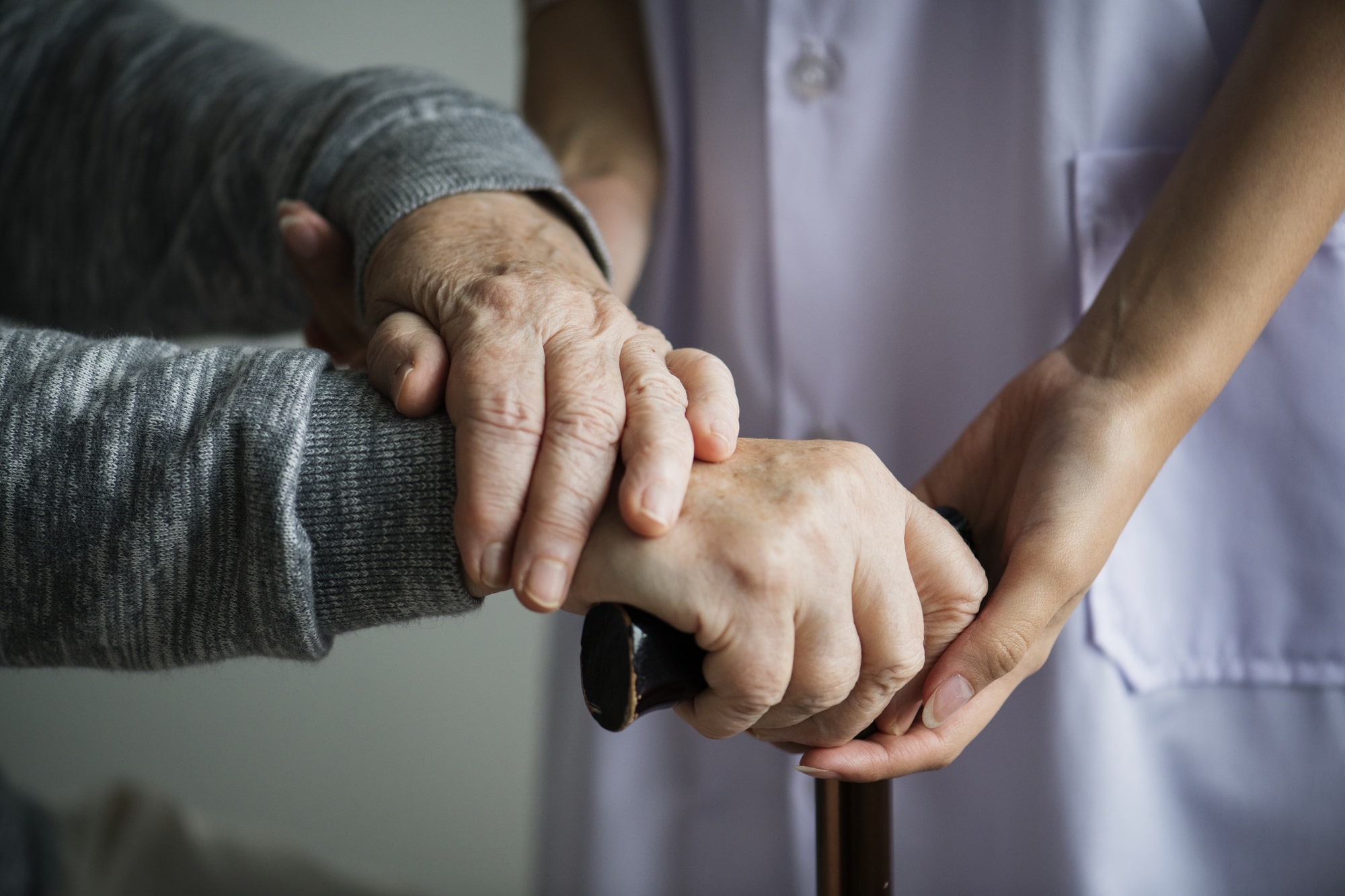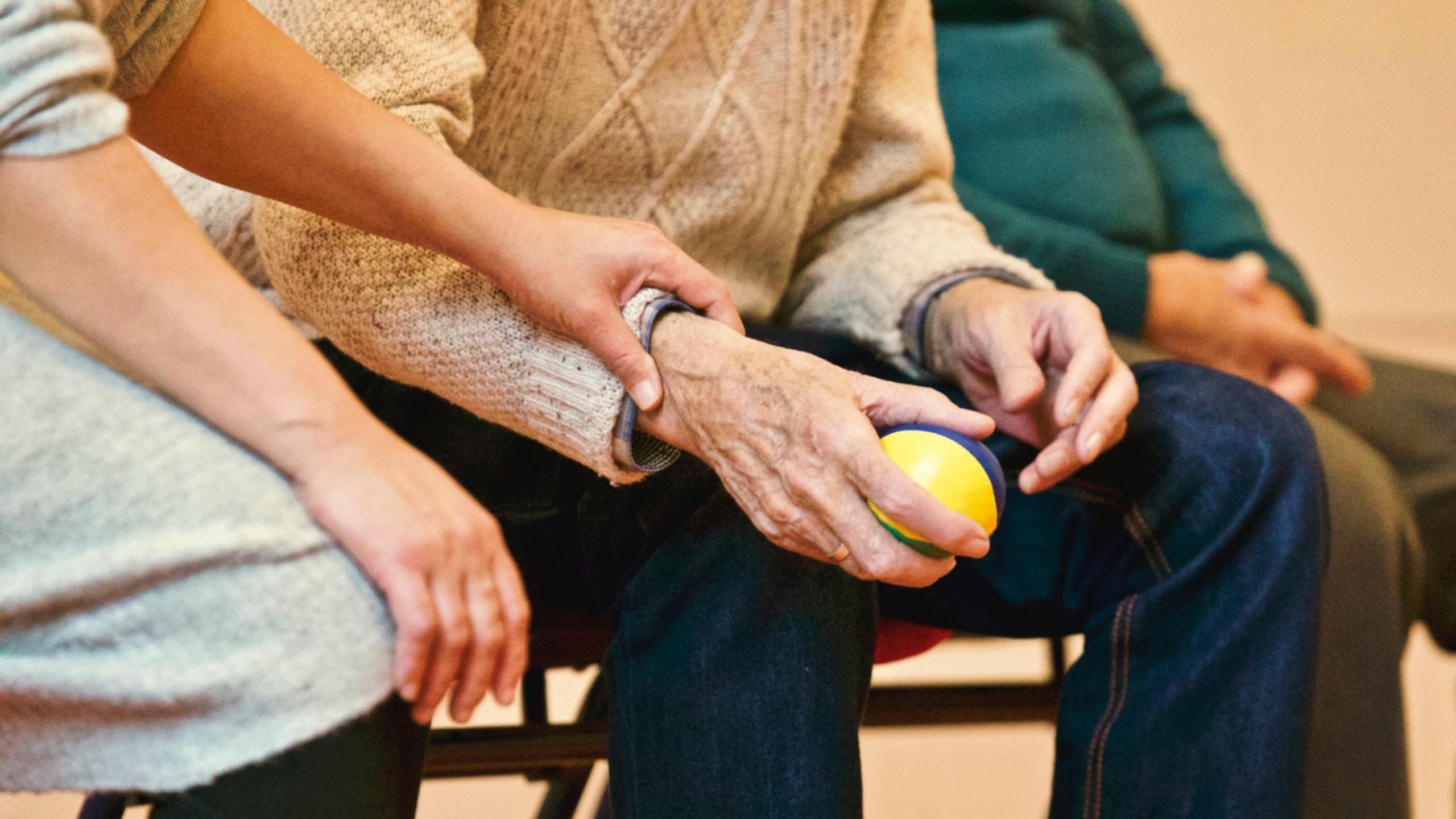- (248)952-8187
- info@findcarez.com
- 8519 PERRY RD.,# 233 ATLAS, MI 48411
What Are Caregivers Forbidden from Doing?

What Are Caregivers Forbidden from Doing?
I. Introduction
When it comes to caregiving, the role is about much more than just
helping with daily tasks. Caregivers are there to provide physical, emotional,
and sometimes medical support to people who need assistance due to illness,
injury, or old age. But while the job is incredibly important, there are strict
boundaries that caregivers must adhere to in order to ensure the safety,
dignity, and well-being of the people they care for.
Understanding these boundaries is crucial for both caregivers and those
receiving care. These limitations help establish a safe, respectful environment
and foster trust between the caregiver and the care recipient. So, in this
article, we’re going to take a closer look at what caregivers are prohibited
from doing. Why? To ensure the care given is both ethical and safe.
II. Legal and Ethical Boundaries for Caregivers
Before we dive into what caregivers cannot do, it's important to
understand the legal and ethical framework that governs caregiving.
A. Legal Framework Governing Caregiving
Caregivers, whether they are professional nurses, home aides, or family
members, are bound by both state and federal laws. These laws are designed to
protect the rights of the person receiving care. For instance, the Americans
with Disabilities Act and elder abuse laws are designed to ensure that people
get the care they deserve without being mistreated.
At its core, caregiving is about respecting the rights and dignity of
others. This means understanding that the person you care for has the right to
make their own choices, live with privacy, and be treated with respect.
B. Ethical Considerations in Caregiving
Alongside the law, caregivers must follow ethical principles like
professionalism, accountability, and confidentiality. These principles guide
their behavior and ensure they act in the best interest of the person receiving
care. For instance, respecting a person’s autonomy (their ability to make
decisions) and their privacy (keeping their personal information confidential)
are key elements of ethical caregiving.
Caregivers must also be accountable for their actions and always strive
to do what is best for their patients or loved ones.
III. Prohibited Activities in Caregiving
Now, let’s talk about some of the specific actions that caregivers are
absolutely forbidden from doing. These are the things that cross ethical lines,
violate laws, or risk the safety of the person being cared for.
A. Physical Abuse or Harm
At the top of the list, we have physical abuse. Physical abuse is defined as
causing intentional harm to someone, either through direct physical violence or
neglecting their basic needs. This could include hitting, slapping, or even
excessive use of force during routine care. Even something like withholding
food or medication can be considered abusive.
The legal consequences of physical abuse can be severe, ranging from
criminal charges to imprisonment. Not to mention, the emotional trauma
inflicted on the person receiving care can be long-lasting.
B. Sexual Abuse or Exploitation
Sexual abuse or exploitation is a grave violation of trust and boundaries.
Caregivers must always understand the importance of consent. Any sexual
advances or behavior that makes the care recipient uncomfortable is a breach of
ethical and legal boundaries.
The impact on the person receiving care is devastating—physically,
emotionally, and psychologically. Caregivers who engage in this behavior can
face criminal charges, including assault or exploitation.
C. Financial Exploitation
Caregivers must never use their position to take advantage of someone
financially. This includes things like unauthorized access to their bank
accounts, stealing, or manipulating them into giving away money or property.
Financial abuse is unfortunately common among vulnerable populations, so
laws exist to protect against it. If a caregiver is caught stealing or
manipulating their charge financially, they can face criminal charges, and
their professional licenses may be revoked.
D. Neglect or Failure to Provide Adequate Care
Neglect happens when a caregiver fails to provide the necessary care or
assistance to someone, whether it's neglecting to feed them, provide medical
treatment, or maintain their hygiene.
It’s important to recognize the signs of neglect—like unexplained weight
loss, dirty clothing, poor hygiene, or untreated medical conditions.
Consequences for neglect can be just as severe as those for abuse, including
legal charges, job termination, and emotional harm to the person being cared
for.
E. Invasion of Privacy
Privacy is a cornerstone of caregiving. Caregivers are entrusted with intimate
information about their care recipients, including their health history,
finances, and personal preferences. Breaching this confidentiality—whether
intentionally or accidentally—can be devastating.
Caregivers must never disclose personal or health information without
consent. This includes using or sharing information inappropriately or
violating the privacy of someone using technology, like monitoring devices or
cameras.
F. Excessive Use of Restraints or Control
Restraints can sometimes be necessary to protect a person’s safety, but they
should always be used minimally and only when absolutely necessary. Using
restraints excessively or inappropriately is harmful both physically and
emotionally.
Caregivers must understand the legal guidelines surrounding restraints
and must only use them in compliance with care plans. Excessive use can lead to
both physical injury and a violation of human rights.
G. Failure to Follow Care Plans
One of the primary responsibilities of a caregiver is to follow the care plan
designed for the individual they’re caring for. Deviation from this
plan—whether intentional or accidental—can lead to harm. This could include
skipping medications, changing diets without approval, or not following medical
guidelines.
Ignoring the care plan can have serious consequences for the health and
well-being of the care recipient, and it’s not just a violation of their trust,
but also professional standards.
IV. Boundaries Regarding Personal Relationships
In addition to the direct actions a caregiver must avoid, there are also
certain personal boundaries that caregivers must respect in their relationships
with the people they care for.
A. Developing Personal or Romantic Relationships with Clients
While caregivers may form close, compassionate relationships with their
patients, it’s important to maintain professionalism. Developing personal or
romantic relationships with a care recipient creates conflicts of interest and
violates ethical standards. This can also lead to uncomfortable or harmful
situations for the person being cared for.
B. Forming Financial or Legal Relationships with Clients
Caregivers should never take on additional roles that could create a conflict
of interest, such as acting as a power of attorney or being involved in
financial decisions. These personal connections can blur the lines of trust and
make it difficult to provide unbiased care.
C. Favoritism or Emotional Attachment
While it’s natural to feel empathy for the person you’re caring for, it’s
important to maintain a level of professional distance. Favoritism or becoming
overly emotionally attached can compromise the quality of care and lead to
unbalanced attention. A caregiver must treat all clients with equal care and
respect.
V. How Caregivers Can Navigate These Boundaries
Navigating boundaries in caregiving requires both training and ongoing
self-awareness. Here’s how caregivers can stay on track:
A. Importance of Training and Ongoing Education
Caregivers must receive proper training and continuing education on both
caregiving techniques and legal/ethical standards. This ensures they stay
up-to-date on best practices and can perform their jobs effectively.
B. Open Communication with Clients and Their Families
Clear and honest communication is key. Caregivers should keep an open line of
dialogue with both clients and their families to ensure that everyone is on the
same page and aware of the care being provided.
C. Supervisory Support and Ethical Guidance from Employers
Caregivers should seek guidance from their employers if they’re unsure about
anything related to their duties. Having supervisory support can help navigate
tricky situations and maintain high ethical standards.
D. Seeking Legal Advice or Reporting Violations
If a caregiver feels they are in a situation that crosses a legal or ethical
line, seeking legal advice or reporting the issue to the appropriate
authorities is crucial. Better safe than sorry.
VI. Consequences for Violating Caregiver Boundaries
Violating boundaries can have serious consequences for both the caregiver
and the care recipient.
A. Legal Repercussions
Caregivers who violate laws can face criminal charges, including fines,
imprisonment, and lawsuits.
B. Professional Consequences
Caregivers may lose their certification, face disciplinary action, or be
terminated from their jobs if they breach ethical or legal boundaries.
C. Emotional and Psychological Toll
For the care recipient, any violation—whether physical, emotional, or
financial—can be traumatic and result in long-term psychological harm.
VII. Conclusion
In conclusion, caregivers play an essential role in supporting the most
vulnerable among us. However, to do so effectively, they must respect important
boundaries that protect the people they care for. By understanding and adhering
to these boundaries, caregivers can create a safe, respectful environment where
everyone thrives. Ultimately, respecting these boundaries is not just about
following laws—it’s about providing compassionate, ethical care that upholds
the dignity of those who need it most.



